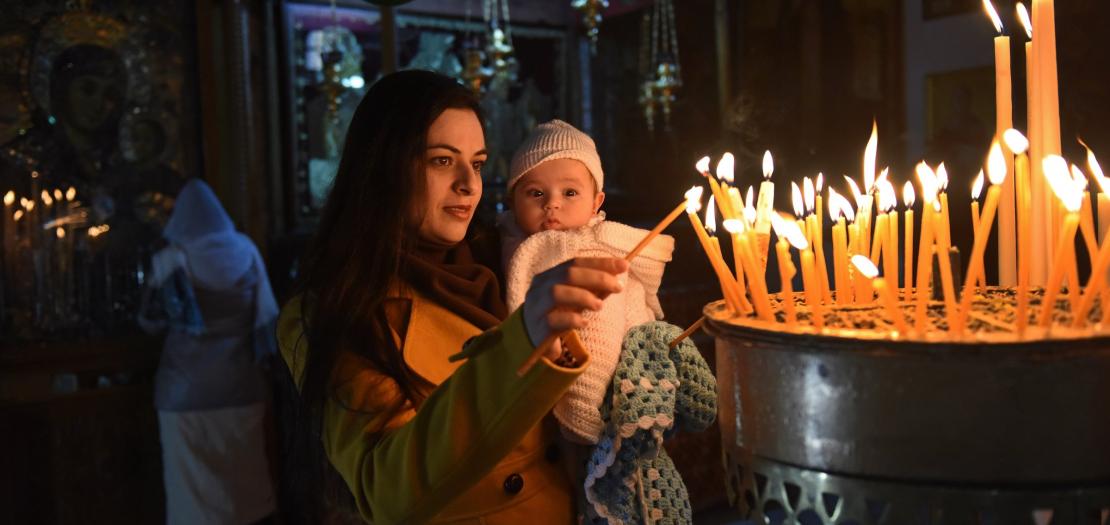In an interview with Aid to the Church in Need-Italy (ACN- Italy), Monsignor William Shomali, Auxiliary Bishop of Jerusalem, Patriarchal Vicar for Jordan and Apostolic Administrator of the Latin Patriarchate, gave an update on the dramatic situation of Christians in the Holy Land.
In regard to the faithful of the Gaza Strip, the Prelate said that “there were 1,017 Christians living in Gaza before the war.” After the outbreak of the conflict, “the majority of them sought refuge in the Latin parish complex and a minority in the Greek Orthodox.” These displaced people “suffer the lack of electricity, potable water and food. Fortunately, over the last days, they have been able to buy sacks of flour. Once they received frozen chickens, which they had to cook and consume the same day as they had no fridges.” As regards housing, “the majority of Christians have seen their homes destroyed. They live in our schools’ classrooms. One or two families fit in a classroom. Hence we cannot resume school activities until families have reconstructed their apartments. Who will reconstruct? No one knows what the situation will be like in Gaza after the war. Not to mention that we have to continue paying the full salaries of the teachers of our two schools, otherwise they would lose the only income they have,” said Monsignor Shomali.
Needless to say, there are not only material damages. “Thirty people died in the various explosions that occurred. Moreover, more than 250 people have now left, among them people with dual nationality, some sick people and students who intend to continue their studies. An Association, whose members are unknown, asks between US$7,000-8,000 per person for the permit to leave Rafah and go to Egypt. Some families have been able to pay, others try to collect funds for this end. Now the Rafah border-pass is closed. Gaza’s inhabitants are in a great prison.”
Despite the conflict being centered in the Gaza Strip, it has also had a strong impact on Palestinian Christians in the West Bank and those of East Jerusalem. In regard to Christians of these communities, the Bishop said that “close to 40 per cent of them work, directly or indirectly, in tourism. They are guides, drivers of tourist buses, hotel employees, etc.”






